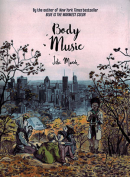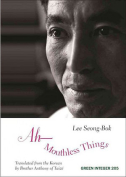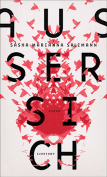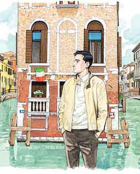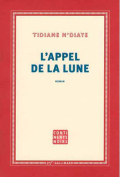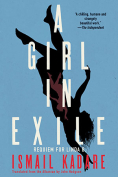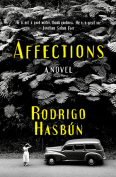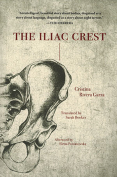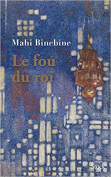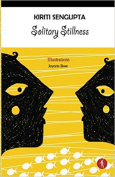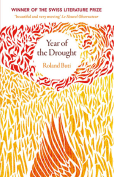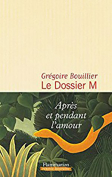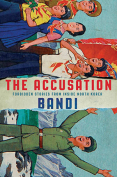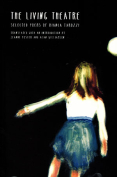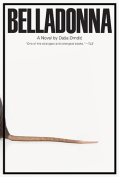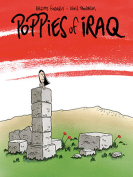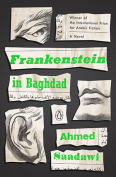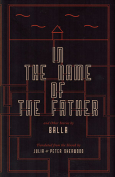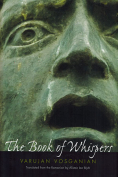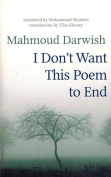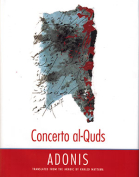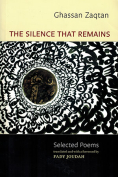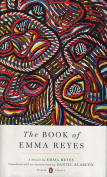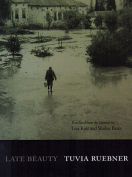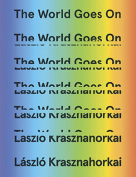Year of the Drought by Roland Buti
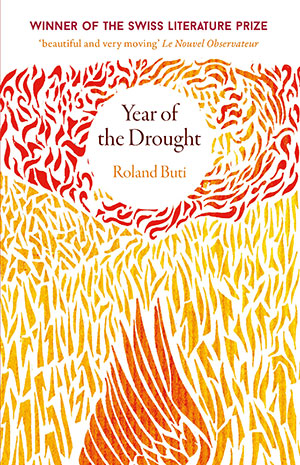 London. Old Street. 2017. 160 pages.
London. Old Street. 2017. 160 pages.
Thirteen-year-old Auguste (Gus) Sutter vividly remembers the summer of 1976, not just for the preternaturally harsh drought but also for the incidents leading up to the disintegration of his family. Gus, his mother and father, his older sister, Lea, and a mentally challenged worker named Rudy live on the family’s farm on the Swiss plateau.
Buti’s take on a coming-of-age story is captivating because of the impending sense of doom and ruin that he weaves throughout Gus’s narrative. All of nature around them foreshadows the sad fate of this family: the crops are burning in the sun, the family dog, Sheriff, keeps fainting, and their chickens are dying by the dozens in the heat. The Sutters’ ancient mare, Bagatelle, who never moves from her barn, has broken free from her rope and made her way down to the local river to die. And finally, perhaps the most eerie omen of all, is that Gus has found a dove that cannot fly because its tail feathers have been destroyed by a predator.
The arrival of a strange woman named Cecile, an employee at a neighboring post office, is the first hint that something is wrong with the Sutter family unit. Cecile seems oddly close to Gus’s mother, and he can’t quite figure out why their relationship makes him so uncomfortable. His mother has never shown very much affection or emotion toward her family. Gus’s description of her, the morning after he finds the wounded dove, is particularly sad since it comes from her thirteen-year-old son who clearly craves his mother’s affection: “I was glad that she had petted my dove, accepted its presence without argument. Mum was always busy with a multitude of tasks that no doubt helped to keep her from feelings of despair. I would have liked to be in the bird’s place.”
She is too busy playing the role of mother, housekeeper, and accountant to enjoy anything else in life, but Cecile awakens something in her that Gus has never seen before—genuine happiness. Gus slowly realizes that Cecile is a threat to his family when he discovers that since Cecile has moved in, Gus’s father is sleeping in the guest room. When Gus questions his father about it, he is ruthlessly scolded for not minding his own business.
The character who elicits a great deal of sympathy in the novel is Gus’s father, Jean. He inherits his farm from his own father and works from sunup till sundown to barely make enough of a living on which to sustain his family. He is a man of few words, so he demonstrates his unique, unconditional love for his wife through his actions, even when she demonstrates that the depth of his devotion is unrequited. In Year of the Drought, Buti creates a memorable group of characters whom he fittingly sets among a vivid and harsh landscape.
Melissa Beck
Woodstock Academy, Connecticut


